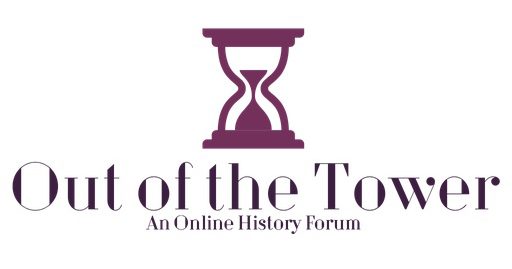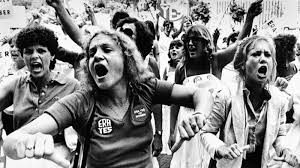 As we mark the anniversary of our nation’s independence, it is important to remember that our founding fathers’ imagined their nation as a domain ruled by equally independent male agents. Until the passage of the Nineteenth Amendment in August 1920, the status of being a rights-bearing citizen excluded all women. Now it is also true that since the amendment only affirmed women’s right to vote, it ultimately failed to fully dislodge the masculine model of rights-bearing citizenship. Consequently, restrictions on women’s citizenship have persisted in our country’s laws and customs. Even so, we should not dismiss the immense historical importance of the amendment. Why? Because it constitutionally recognized women’s right to represent themselves in the polity and directly participate in the governance of the country.
As we mark the anniversary of our nation’s independence, it is important to remember that our founding fathers’ imagined their nation as a domain ruled by equally independent male agents. Until the passage of the Nineteenth Amendment in August 1920, the status of being a rights-bearing citizen excluded all women. Now it is also true that since the amendment only affirmed women’s right to vote, it ultimately failed to fully dislodge the masculine model of rights-bearing citizenship. Consequently, restrictions on women’s citizenship have persisted in our country’s laws and customs. Even so, we should not dismiss the immense historical importance of the amendment. Why? Because it constitutionally recognized women’s right to represent themselves in the polity and directly participate in the governance of the country.
Further still, there is a lot that can be learned from the tremendous social movement that brought about the passage of federal woman suffrage. For the most part, there are plenty of heroic moments within the history of the woman’s rights campaign. But, there are quite shameful instants too. We should not cast aside these negative parts, but rather recount them with the good, so that we remember there are cautionary elements even when one is on the “right side of history.” On this point, I will discuss in two installments the good, the bad, and what we can learn from the suffrage movement in America.
Read more



 As we mark the anniversary of our nation’s independence, it is important to remember that our founding fathers’
As we mark the anniversary of our nation’s independence, it is important to remember that our founding fathers’ 
